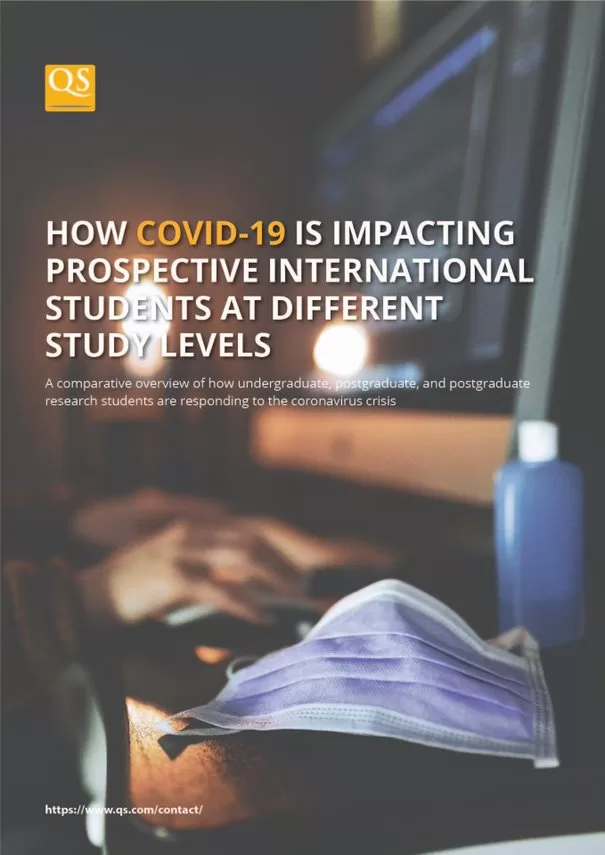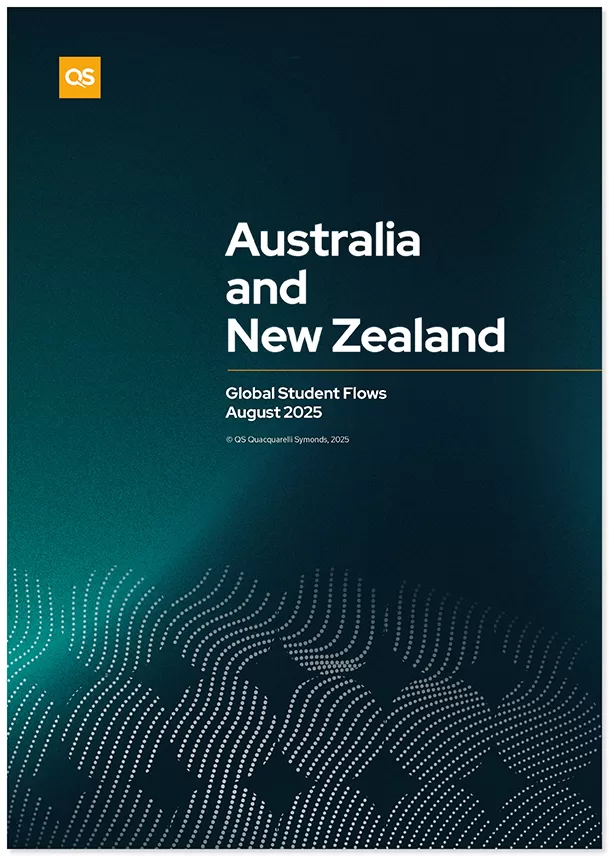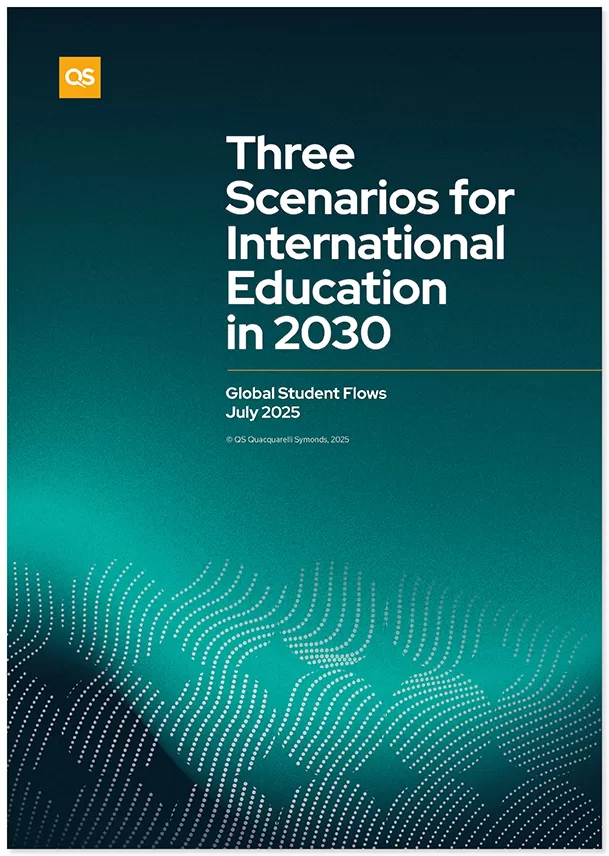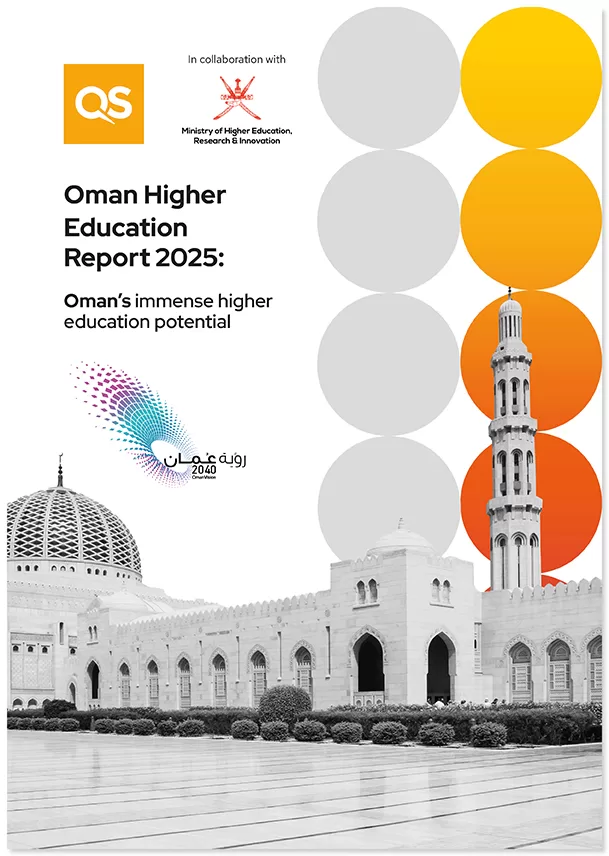
Wondering how the coronavirus has impacted prospective undergraduate, postgraduate by coursework, and postgraduate by research students?
This latest QS white paper presents our exclusive coronavirus student survey results broken down by study level, including:
- The student group most likely to defer
- The student group most likely to adopt online learning in a new degree
- The student group most likely to expect a discount on tuition fees as a result of online learning
If you’d like to discover these insights and other findings, please fill out the short form and download your free copy of the white paper today.



